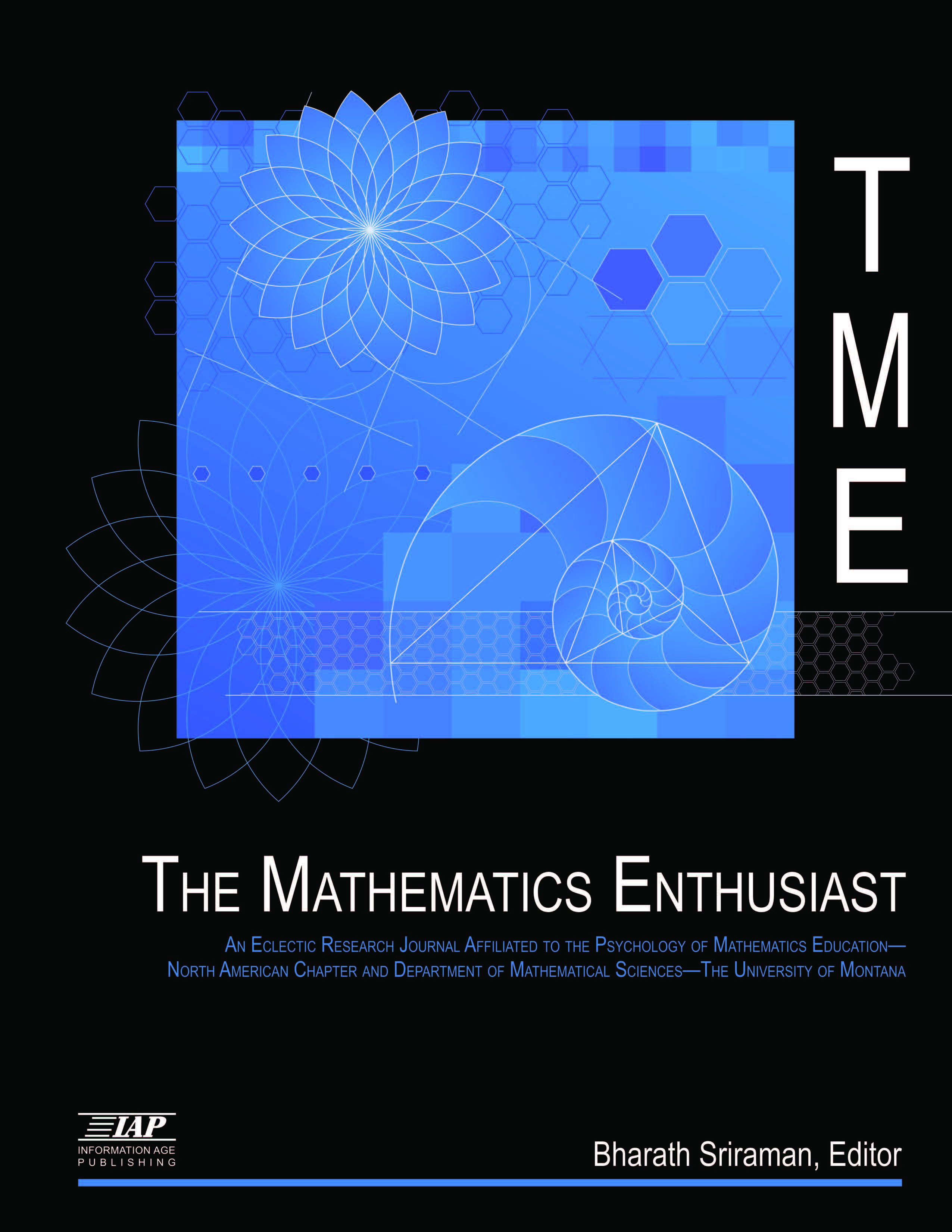
Volume
17
Issue
1
Abstract
The findings in this paper were a part of a bigger study which aimed to develop a cognitive diagnostic assessment [CDA] for primary mathematics learning of “Time”. This paper aimed to discuss and compare the knowledge state of primary pupils from different types of schools in Penang. Knowledge state represented a pupil’s mastery level on a defined set of attributes. These attributes were assessed by using a set of items and the responses were observed to find out a pupil’s knowledge state. Two hundred and sixty-nine Primary Six pupils from 11 primary schools in Penang involved in the study. A set of CDA with 35 items consisting of four cognitive models were administered to the pupils. However, only three cognitive models were discussed in this paper. Students’ responses were analysed by using Artificial Neural Network [ANN] to find the attribute probability of every pupil on each attribute. This probability was then classified and this set of classified attribute probability represented knowledge state of a pupil. Finding out the knowledge state of pupils helps teacher to investigate pupils’ learning progress, identify pupils’ misconception and thus make effective instructional decision. Results showed that Chinese Vernacular School pupils performed better than National School and Tamil Vernacular School pupils. Besides, the most common knowledge state in each cognitive model for each type of school was quite similar. The findings of this paper could be a preliminary step to demonstrate the usability and practicality of using CDA to obtain meaningful instructional inferences.
First Page
7
Last Page
31
Recommended Citation
Sia, Carolyn and Lim, Chap Sam
(2020)
"Knowledge States in the Learning of “Time”: Comparison of Primary Six Pupils’ from Different Types of Schools in Penang,"
The Mathematics Enthusiast: Vol. 17
:
No.
1
, Article 2.
DOI: https://doi.org/10.54870/1551-3440.1478
Available at:
https://scholarworks.umt.edu/tme/vol17/iss1/2
Digital Object Identifier (DOI)
10.54870/1551-3440.1478
